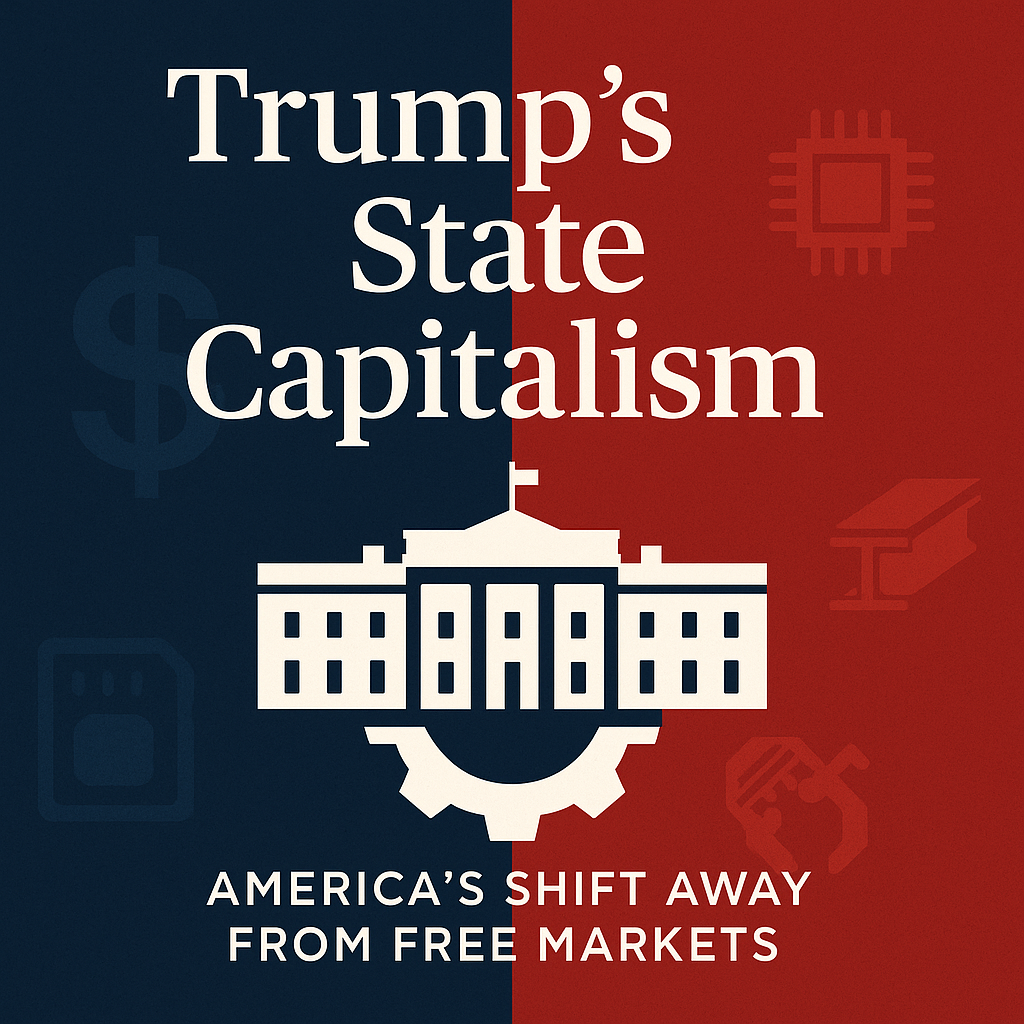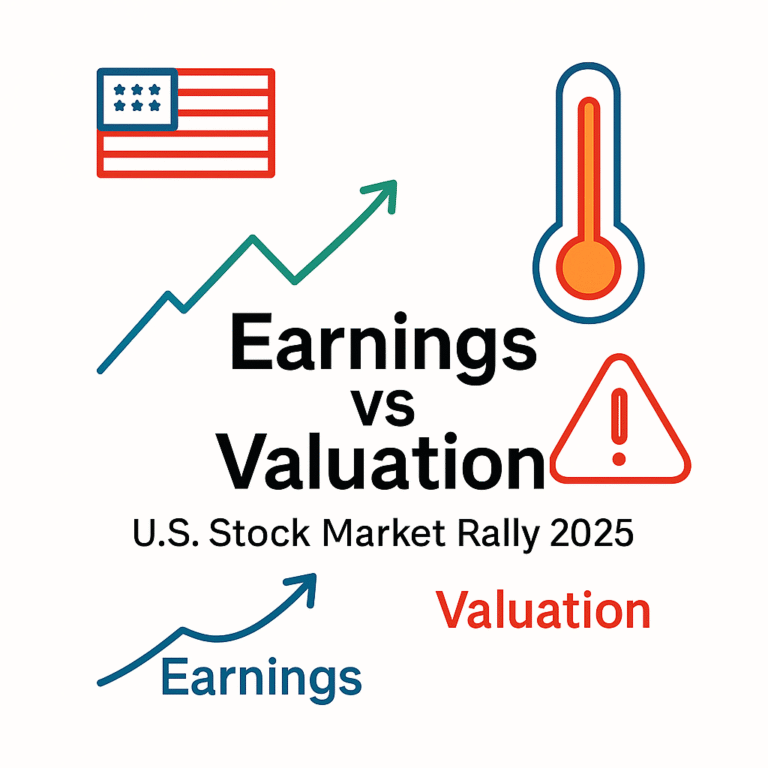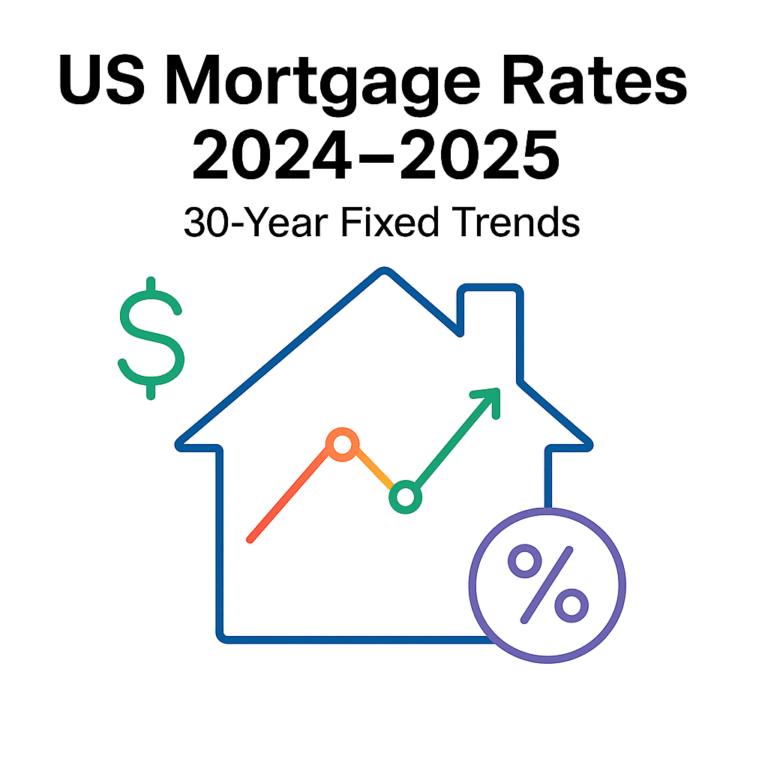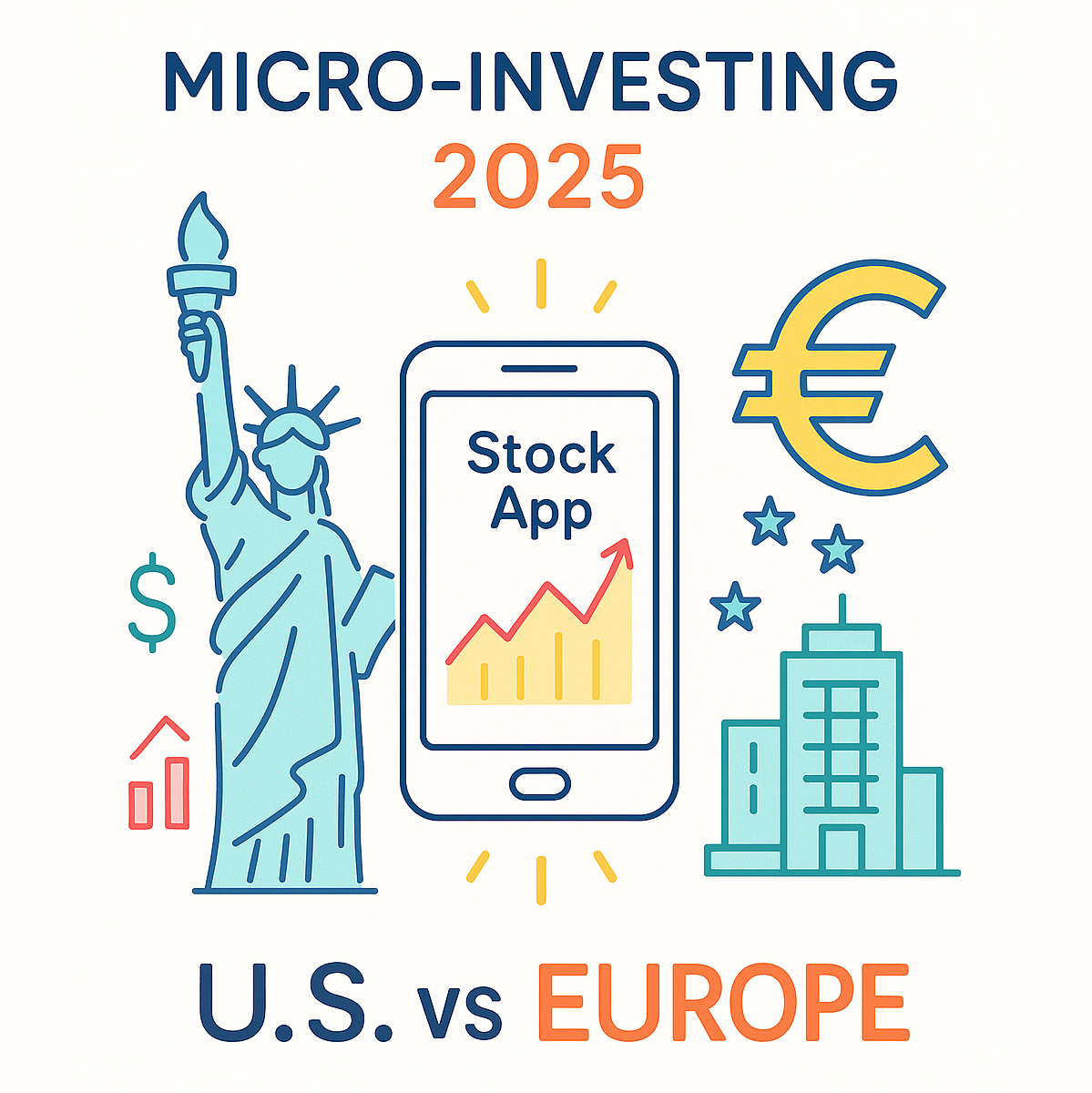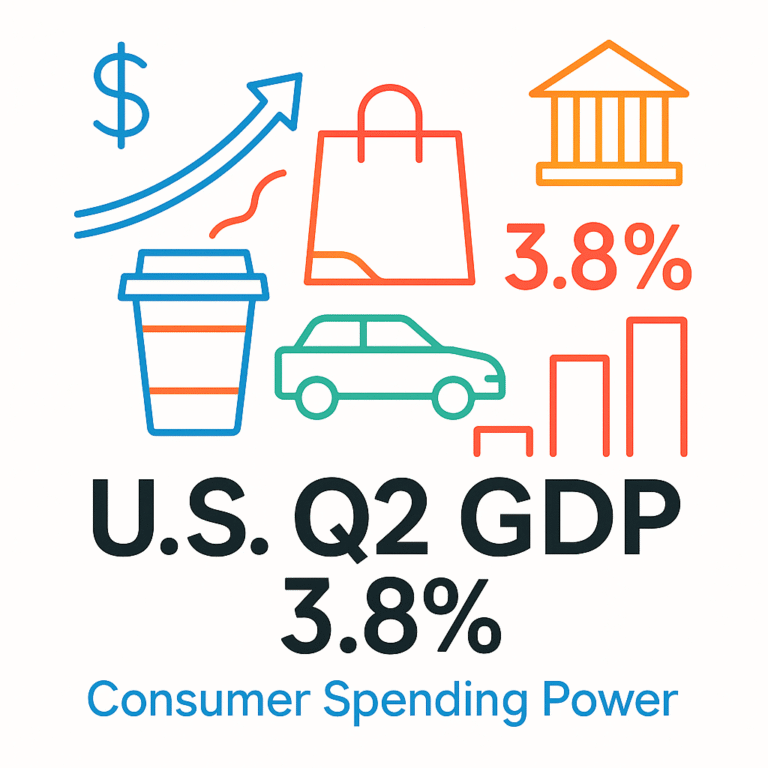How Trump Is Shifting America Toward State Capitalism: WSJ’s Analysis
WSJ argues Trump is pushing America toward state capitalism. Explore key policies, corporate interventions, and risks for markets and democracy.
Key Takeaways
The Wall Street Journal recently warned that President Donald Trump is reshaping America’s free-market system into a form of “state capitalism with American characteristics.” Traditionally, the United States has been the global champion of free-market principles. Yet, under Trump, government intervention in strategic industries such as semiconductors and steel is becoming the norm rather than the exception.
Trump’s Direct Interventions in Strategic Corporations
One of the clearest signs of this shift is the pressure placed on corporate leadership. Intel’s CEO faced direct calls to step down, while the U.S. government secured a “golden share” in U.S. Steel during its acquisition (Bloomberg). These moves mark a departure from America’s hands-off approach, signaling that Washington is now willing to play an active role in corporate governance when national security or economic power is at stake.
Nvidia, AMD, and the $1.5 Trillion Investment Fund
In another unprecedented development, Nvidia and AMD agreed to allocate 15% of their China-related revenues to the U.S. government (Reuters). Simultaneously, the Trump administration designed a $1.5 trillion foreign investment fund under government control. Rather than leaving capital flows to private markets, this initiative highlights a new model where the state dictates how and where investments are deployed.
WSJ’s Warning: “America Looks More Like China”
WSJ columnist Greg Ip observed that “capitalism in America is starting to look like China.” (WSJ) This remark underscores how far Trump’s policies have shifted traditional norms. Economists and policy experts caution that while such state-driven measures may provide short-term protection for industries, they also open the door to inefficiency, waste, and cronyism—pitfalls that have plagued past industrial policy experiments in the U.S.
Market Efficiency and Democratic Risks
State capitalism poses a dual challenge. On one hand, corporate autonomy is reduced, potentially stifling innovation. On the other hand, political influence may increasingly determine which companies receive government backing. The International Monetary Fund (IMF) notes that excessive state intervention often undermines long-term competitiveness and democratic accountability.
What Comes Next for the U.S. Economy
The key question is whether America’s democratic institutions will act as a safeguard against excessive state intervention. If Trump’s state capitalism deepens, the U.S. could see its role as the global model of free markets weakened. Investors and allies will be watching closely to see whether this new economic direction is temporary or a structural transformation of American capitalism (Statista).
Trump’s policies are redefining the balance between markets and government in America. What WSJ calls “American-style state capitalism” may offer short-term advantages in industrial policy but carries long-term risks for efficiency, innovation, and democracy. The outcome will depend on how resilient U.S. institutions remain in checking the expansion of state power.

